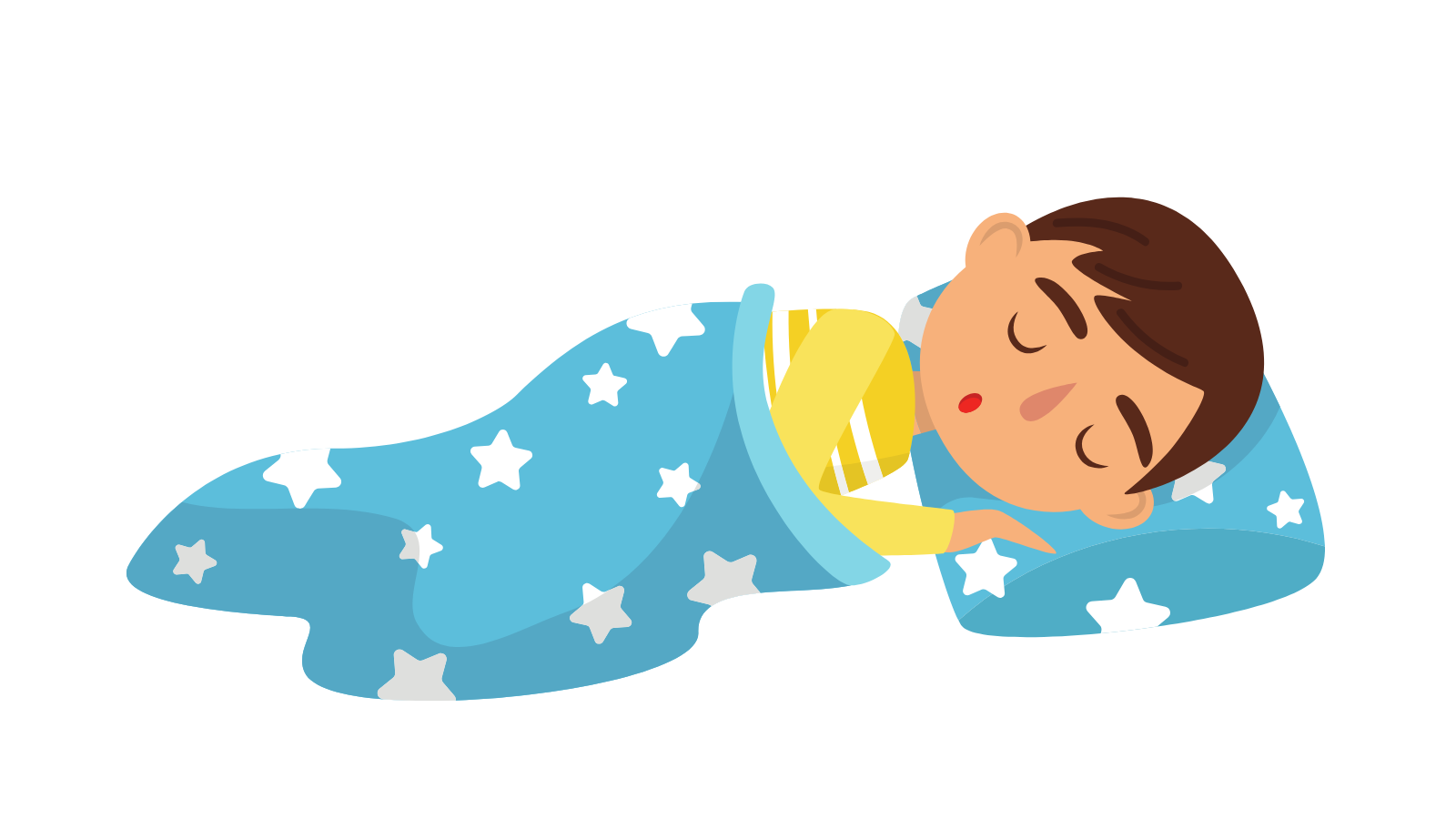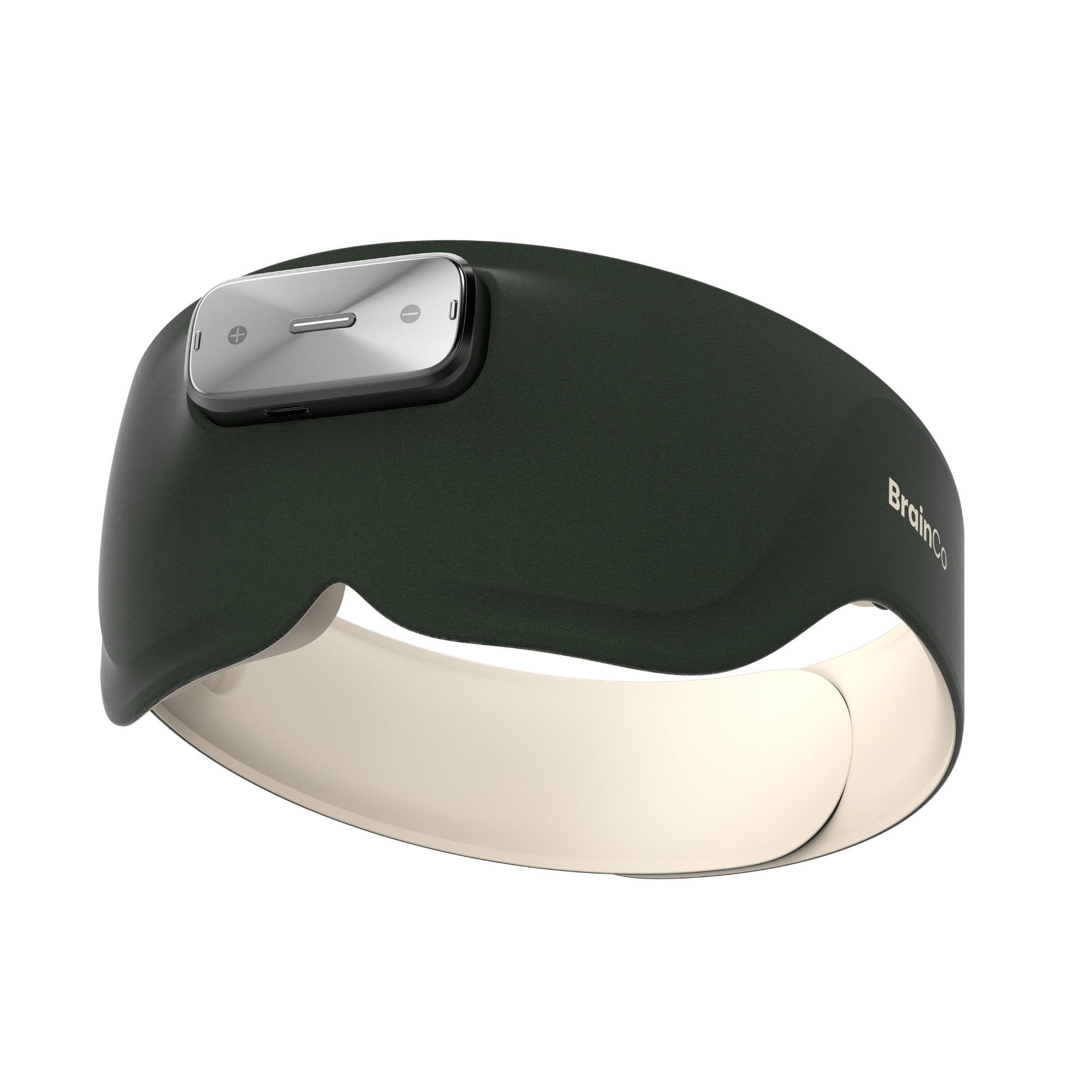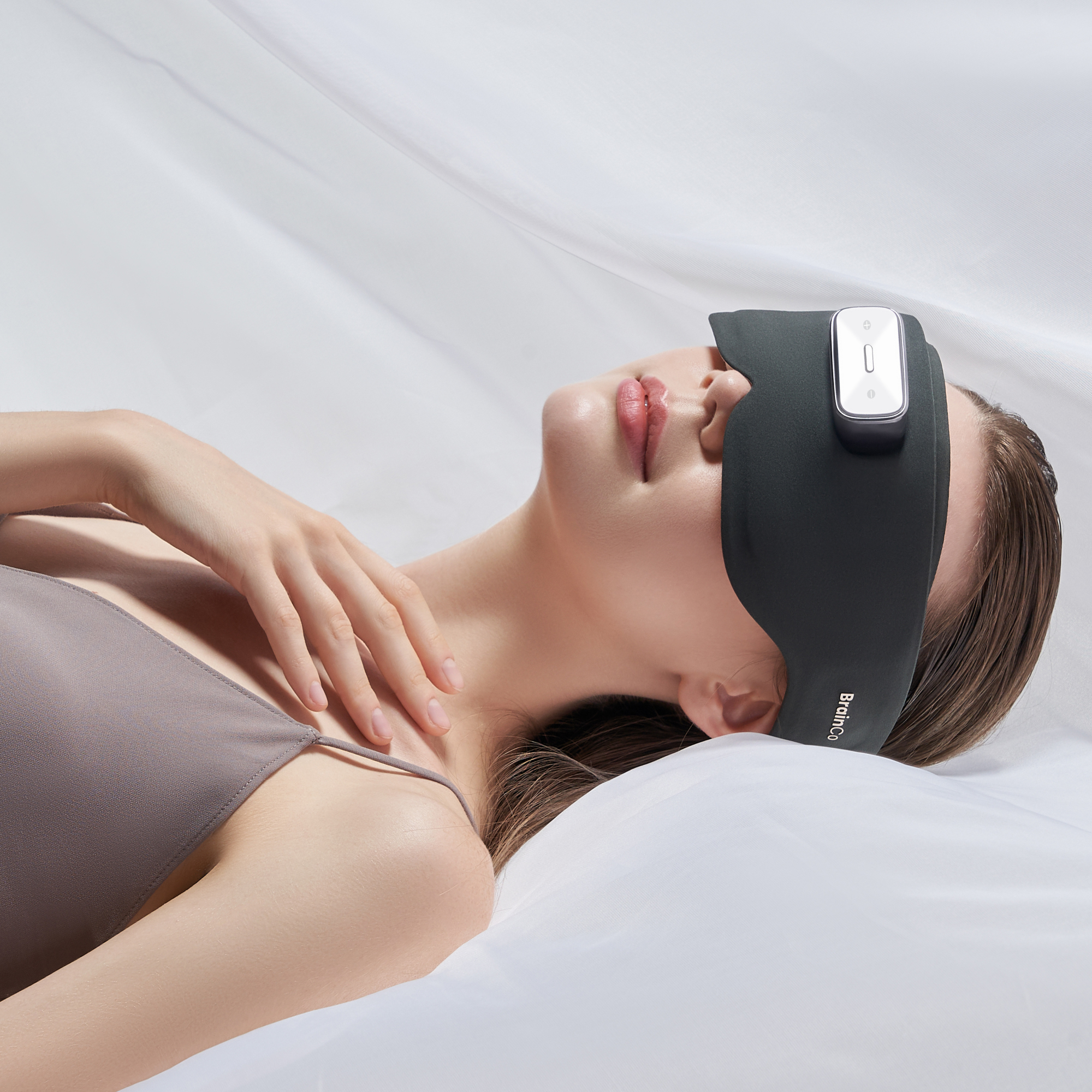What is restorative sleep?
Restorative sleep is defined as sleep of sufficient quality to allow you to wake up refreshed, maintaining this vitality throughout the day, without the need for a nap. More than just the duration, it is the alternation of cycles, the depth and regularity of sleep that count. Personal perception of morning recovery remains the main indicator.
Sleep phases and their role
Sleep is divided into several phases, each with a specific role and characteristics. Here is a detailed description of each phase, with a particular focus on deep sleep , which is the most restorative for the body.
Light slow wave sleep
Light slow-wave sleep corresponds to the entry into the sleep cycle. It is a transitional phase between wakefulness and true sleep, which consists of two stages:
- Stage 1 (falling asleep) : Muscle relaxation begins, and breathing and heart rate slow. During this stage, waking up is still very easy and sleep remains fragile. You may feel like you are falling or experience muscle twitches.
- Stage 2 (Confirmed Light Sleep) : Brain activity slows further, body temperature drops, and sensitivity to external stimuli slowly diminishes. This stage accounts for approximately 50 to 60% of total sleep time and prepares the body to enter deeper sleep.
During light slow-wave sleep, the body already begins to regenerate, but it is still easy to wake up at the slightest noise or movement in the environment.
Deep slow-wave sleep
Deep sleep is the heart of restorative sleep. It is during this phase that the body and mind benefit from maximum recovery. Here are its main characteristics:
- Difficulty waking up : The individual becomes very difficult to wake up because brain activity is slowed to a minimum. Like breathing and heart rate, it slows down, and the sleeper no longer reacts to external sensory stimuli (light, noise, touch).
- Cell renewal and recovery : This is when the body regenerates most actively. Growth hormone secretion peaks, promoting muscle building, tissue and cell repair, and strengthening the immune system.
- Impact on overall health : Deep slow-wave sleep is crucial for physical recovery, memory consolidation, energy management, and maintaining mental balance. A lack of deep sleep leads to chronic fatigue, attention and memory problems, and a weakened immune system.
This phase mainly concerns the first three to four hours of the night, which are therefore the most restorative and essential for health. Its duration generally decreases with age.
REM sleep
REM (Rapid Eye Movement) sleep is a phase characterized by intense brain activity, almost equivalent to that of wakefulness, even though the body is “paralyzed” (muscle atonia).
- Intense Dreams : This is when the most vivid and memorable dreams occur, but the body does not move, which protects the individual from potential injuries related to the mental activity of dreams.
- Essential role : This phase occurs mainly in the second half of the night and represents approximately 20 to 25% of total sleep time. It plays a crucial role in memory consolidation, learning, emotional management and creativity.
In short, these different phases follow one another in cycles of approximately 90 to 120 minutes during the night, ensuring complete recovery of the body and mind.
How to get restful sleep naturally?
There are many natural levers that can help promote restful sleep:
Hygiene and environment
- Get up and go to bed at fixed times.
- Sleep in a dark, quiet, cool room, with good bedding adapted to your body shape.
- Avoid blue light from screens at least 1.5 hours before bedtime to preserve the natural secretion of melatonin, the sleep hormone.
Food and drinks
- Light dinner to avoid difficult digestion.
- Reduce caffeine and alcohol consumption in the evening.
- Favor a diet rich in tryptophan (almonds, bananas, dairy products, eggs, etc.).
Recommended plants and natural remedies
Certain plants such as valerian, hawthorn, passionflower, lemon balm or linden are traditionally used to facilitate sleep and reduce stress.
Techniques to Improve Deep Sleep
Meditation and cardiac coherence
Mindfulness meditation, deep breathing and cardiac coherence help to calm the mind and promote faster and deeper sleep.
Adapted physical activity
Regular physical activity during the day improves the quality of deep sleep. However, be careful to avoid overly intense activities in the evening.
Chronobiology and routine
Respecting your biological rhythms (going to bed at the first signs of fatigue) optimizes the amount of deep sleep.
Use of dedicated sleep aid devices
Some sleep aids, such as the Easleep Premium Smart Mask, are designed to promote deep, restful sleep through cranial electrical stimulation.
What evening routine for restful sleep?
A proper bedtime routine helps send signals conducive to sleep:
- Turn off screens 1.5 hours before going to bed.
- Encourage quiet activities: reading, soft music, journaling.
- Drink a relaxing herbal tea made from sedative plants.
- Perform a breathing or relaxation exercise.
- Ensure an optimal environment: ideal temperature (18-20°C), darkness, silence.
- Take a warm shower or a hot bath to lower your body temperature and promote sleep.
Link between stress and unrestful sleep
Stress is one of the main factors that disrupt sleep. It causes:
- Difficulty falling asleep
- Frequent micro-awakenings
- Decreased quality of deep sleep
Manage stress to sleep better
- Practice meditation, relaxation or yoga to reduce stress levels.
- Plan a relaxation ritual in the evening (reading, hot bath, soft music).
- Make an appointment with a healthcare professional if anxiety becomes chronic.
Best Exercises for Restful Sleep
Regular physical activity helps you sleep better, but certain exercises are particularly useful:
- Walk outdoors, preferably during the day to take advantage of natural light.
- Stretching and gentle stretching before bedtime.
- Slow, deep breathing exercises.
- Yoga, tai chi or qi gong — gentle disciplines promoting physical and mental relaxation.
Influence of melatonin on restorative sleep
Melatonin is the hormone that synchronizes sleep-wake cycles. It naturally increases in the evening, promoting sleep onset and deep sleep, and thus recovery.
- Blue light from screens inhibits its natural secretion: limiting exposure in the evening is crucial.
- Certain foods and dietary supplements can support its production (fruits, vegetables, nuts, melatonin supplements under medical advice).
FAQ
Frequently Asked Questions About Restorative Sleep
What is the ideal amount of sleep?
Most adults need 7 to 8 hours of sleep a night, but some are "short sleepers" and others "long sleepers." The key is to wake up rested.
How to recognize a lack of restorative sleep?
Warning signs: persistent fatigue, irritability, difficulty concentrating, daytime sleepiness and decreased performance.
What is the link between diet and restful sleep?
An unbalanced diet, one that is too rich or too fatty, is detrimental to sleep. Favor foods rich in nutrients that promote relaxation (magnesium, tryptophan).
Mattresses and bedding: how important are they?
A suitable mattress and pillow, changed regularly, are essential for quality sleep and reducing nighttime awakenings.
Why can sleep remain unrestorative?
- Factors: stress, unsuitable environment, sleep apnea, poor lifestyle, screens, psychological disorders.
- Medical consultation recommended if problems persist despite hygiene measures.
Quick tips for better sleep
- Respect a routine and a regular rhythm
- Practice appropriate physical activity daily
- Limit blue light and promote darkness before bedtime
- Manage stressors and prioritize relaxation techniques
- Adapt your environment (heat, noise, bedding)
- Adapt your diet by avoiding stimulants and favoring beneficial nutrients










Share:
The best for insomnia: Discover the natural solution Easleep Premium
What effective solution against chronic insomnia: discover Easleep Premium